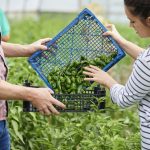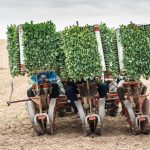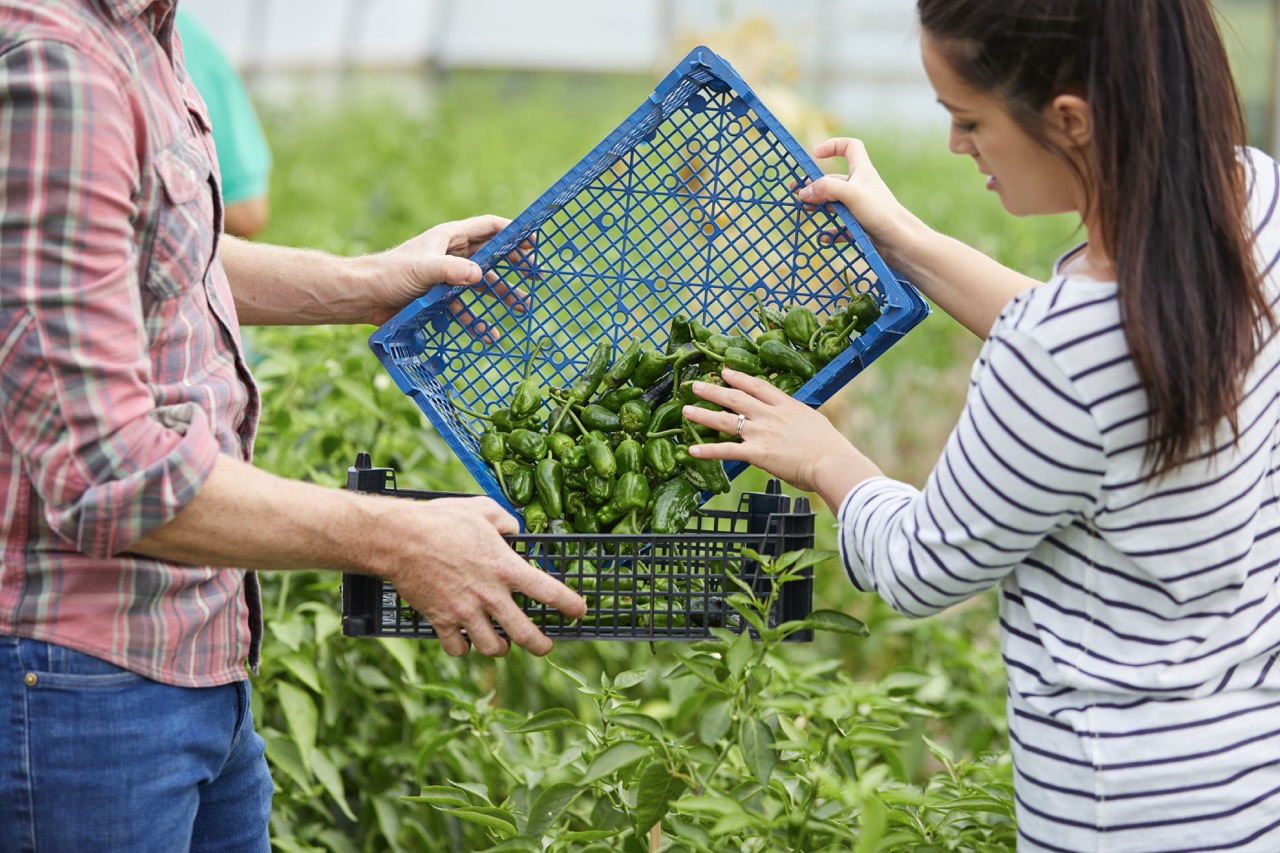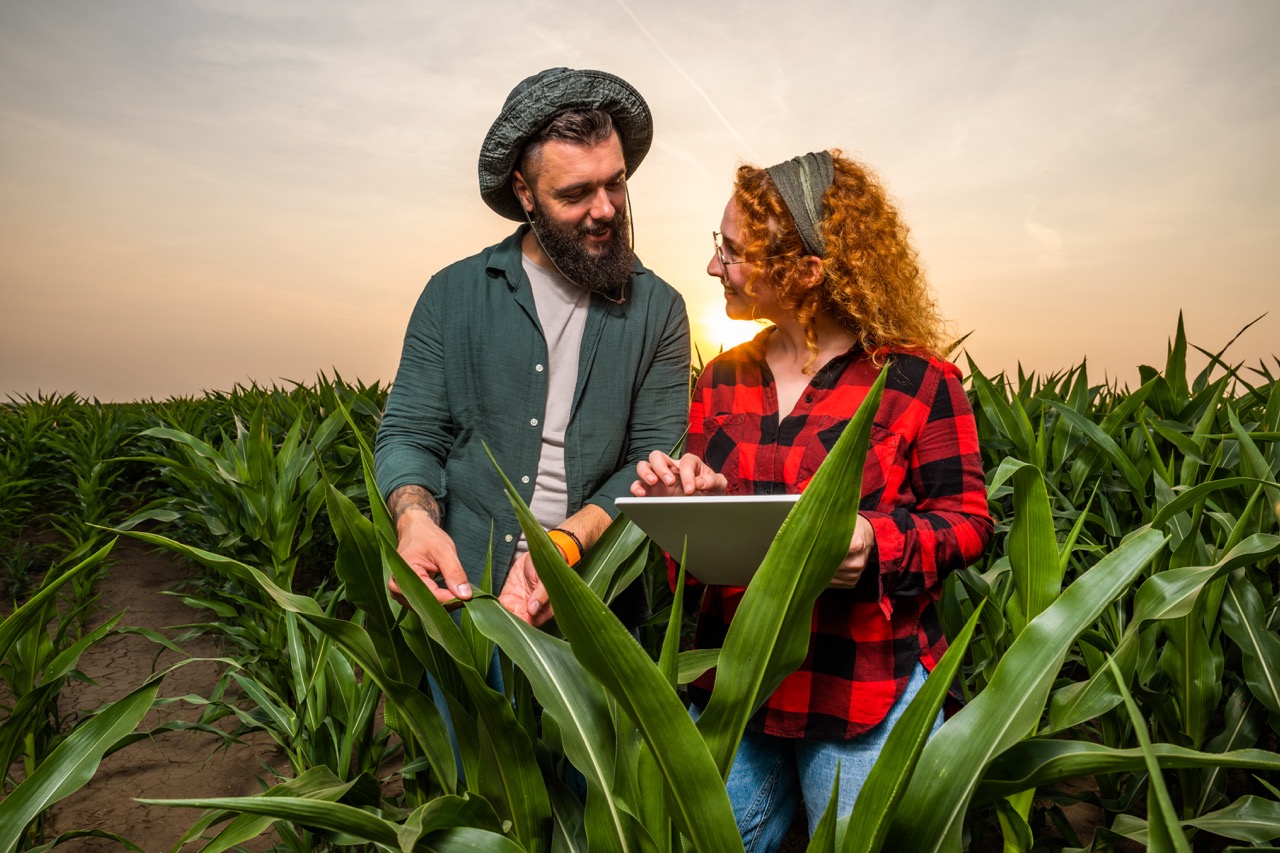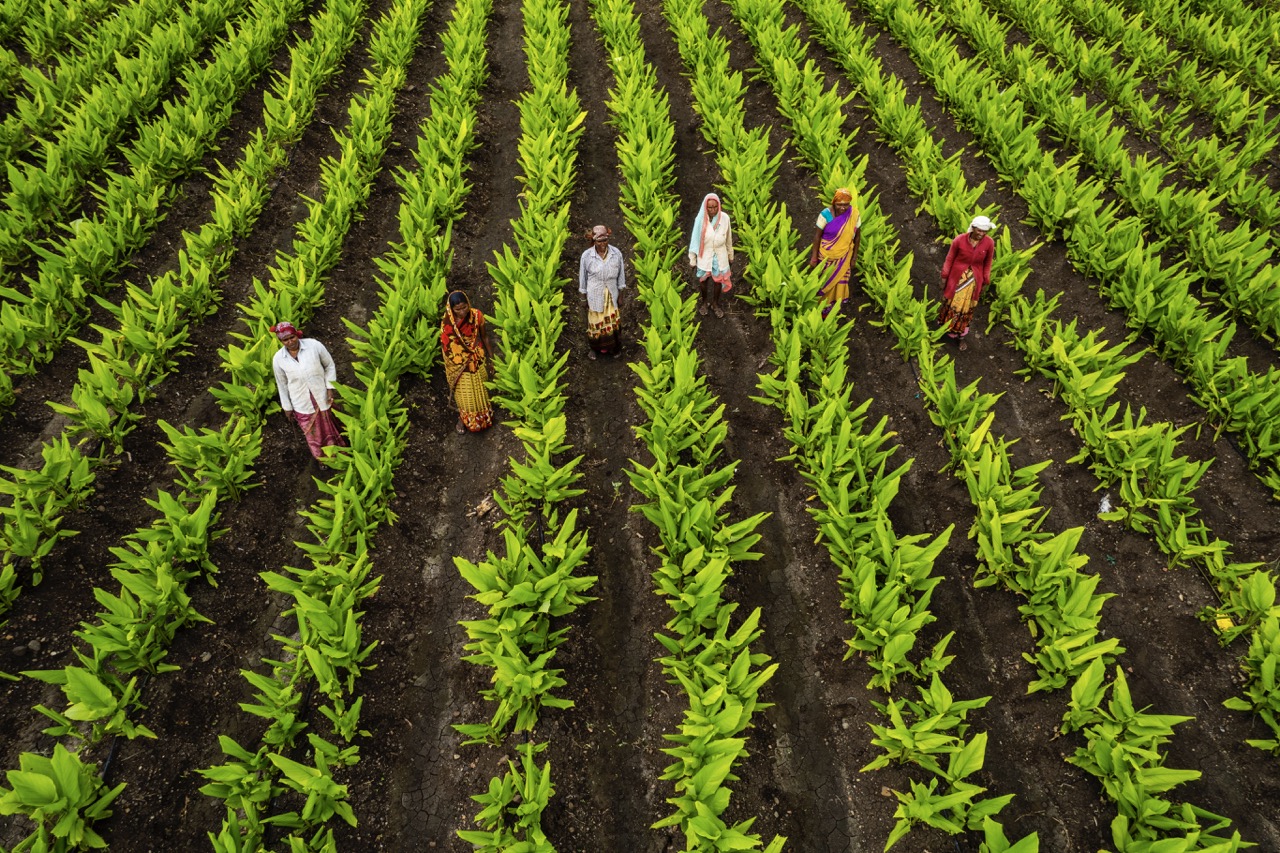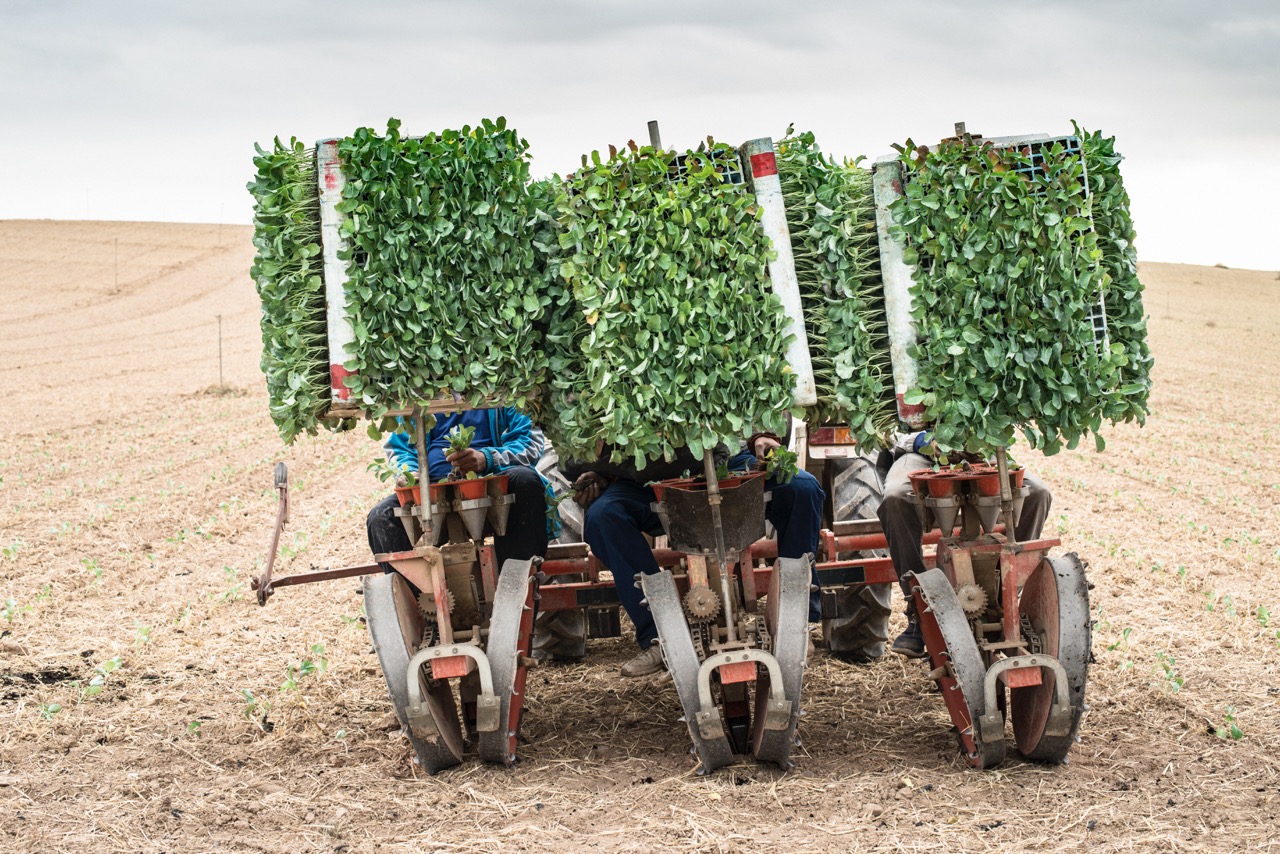The agricultural sector stands on the brink of a technological revolution, driven largely by the advent of artificial intelligence (AI). This emerging field empowers farmers with the tools to optimize their practices, improve productivity, and make more informed decisions. From crop management to resource utilization, AI is transforming how agriculture operates, paving the way for a more sustainable and efficient future. In this article, we explore the various ways AI is reshaping modern agriculture, enhancing crop yields, promoting sustainable practices, and what the future holds for farming innovations.
Transforming Farming: AI Technologies Revolutionize Agriculture
Artificial intelligence is fundamentally altering the landscape of agriculture by introducing advanced technologies that streamline farming operations. Machine learning algorithms analyze vast quantities of data from diverse sources, including weather patterns, soil health, and crop conditions, to provide actionable insights for farmers. These insights enable farmers to make precise decisions, reducing guesswork and enhancing their ability to respond to changing environmental conditions.
Moreover, AI-driven tools such as drones and autonomous tractors are becoming integral to agricultural practices. Drones equipped with cameras and sensors capture high-resolution images of fields, allowing farmers to monitor crop health from the sky. This aerial data can identify issues like pest infestations or nutrient deficiencies much earlier than traditional methods, facilitating timely interventions. Autonomous vehicles can carry out repetitive tasks such as planting, harvesting, and weeding without the need for human oversight, significantly improving efficiency.
The integration of AI not only optimizes operational efficiency but also reduces labor costs. As the global population grows, the demand for food increases, putting pressure on farmers to produce more with less. AI technologies empower farmers to maximize their resources while minimizing waste. By embracing these innovations, the agricultural sector is not only improving productivity but is also increasing its resilience against challenges such as climate change and labor shortages.
Precision Farming: Enhancing Crop Yields with AI Insights
Precision farming, a strategy made possible through AI, focuses on the detailed analysis of agricultural data to improve crop management. By utilizing sensors, satellite imagery, and IoT devices, farmers can gather real-time data about their fields. AI algorithms then process this data to identify patterns and trends, which inform decisions on planting, fertilizing, and irrigating crops. The result is a tailored approach that maximizes crop yields while minimizing inputs.
One of the critical aspects of precision farming is the ability to apply resources more efficiently. For instance, AI can determine the optimal amount of water, fertilizers, and pesticides needed for specific areas of a field based on soil health and crop requirements. This targeted approach reduces over-application, which can lead to environmental harm and increased costs. Ultimately, farmers can achieve higher yields with fewer resources, making their operations more profitable and sustainable.
Additionally, AI tools can predict potential crop failures before they happen, allowing farmers to take preventive measures. By analyzing historical data and current conditions, AI models can forecast pest outbreaks or diseases that could threaten crop health. This proactive approach not only safeguards yields but also reduces the need for potentially harmful chemical interventions, promoting a healthier ecosystem.
Sustainable Practices: AI’s Role in Resource Management
Sustainability is a pressing concern in agriculture, as the industry faces significant challenges related to resource depletion and environmental degradation. AI plays a pivotal role in promoting sustainable farming practices by optimizing resource management. By analyzing data related to water usage, soil moisture levels, and nutrient availability, AI systems can recommend irrigation schedules and fertilizer applications that minimize waste while ensuring optimal crop growth.
Furthermore, AI technologies enable farmers to monitor climate conditions and adjust their practices accordingly. For example, predictive analytics can provide insights into weather patterns, allowing farmers to prepare for adverse conditions such as droughts or floods. By making informed decisions based on accurate forecasts, farmers can protect their crops and maintain productivity, all while conserving vital resources such as water and energy.
In addition to improving resource management, AI also supports the transition towards regenerative agricultural practices. These methods focus on restoring soil health and biodiversity, which are critical for long-term sustainability. AI tools can assist in identifying the most effective cover crops, crop rotation strategies, and conservation practices tailored to local conditions. By integrating AI into sustainable agriculture, farmers can not only enhance their productivity but also contribute to the health of the planet.
The Future of Farming: AI Innovations on the Horizon
As we look to the future, the potential of AI in agriculture is boundless. Advancements in machine learning and data analytics are paving the way for even more sophisticated tools that will revolutionize farming. One promising area is the development of AI-powered robotics that can perform intricate tasks such as pruning, sorting, and even planting seeds with precision. These innovations are expected to further reduce labor costs and increase operational efficiency.
Additionally, the integration of AI with blockchain technology is poised to enhance supply chain transparency and traceability. By combining these technologies, stakeholders can track products from farm to table, ensuring the quality and safety of food. This increased transparency can also facilitate better pricing strategies for farmers, as consumers increasingly demand accountability in food production.
Finally, as AI continues to evolve, the agricultural sector is likely to see a rise in collaborative platforms that connect farmers with technology providers, researchers, and agricultural experts. These platforms will enable farmers to share insights, access cutting-edge tools, and adopt best practices tailored to their specific needs. The marriage of AI with the collective knowledge of the agricultural community promises a brighter, more sustainable future for farming.
The integration of artificial intelligence into modern agriculture signifies a transformative shift in how food is produced, managed, and distributed. From enhancing crop yields through precision farming to promoting sustainable practices that safeguard our natural resources, AI technologies are reshaping the agricultural landscape. As innovations continue to emerge, the future of farming looks promising, offering the potential for increased productivity and sustainability. By embracing these changes, the agricultural sector can meet the growing demands of a global population while protecting the environment for generations to come.


